Cure Connect
Atrial Septal Defect Closure
ASD closure is a procedure used to close a hole in your heart, known as an atrial septal defect (ASD). This hole is located in the wall (septum) that separates the heart’s two upper chambers, called the atria.
Normally, every baby is born with a small opening in this septum, which allows blood to bypass the lungs while the baby is still in the womb. After birth, this hole typically closes on its own within a few weeks or months. However, in some cases, the hole is larger and does not close properly, resulting in an ASD.
An untreated ASD can lead to problems because it allows oxygen-rich blood to mix with oxygen-poor blood. This can cause your heart and lungs to work harder than normal, leading to symptoms like shortness of breath, fatigue, or heart palpitations. Over time, it can also increase the risk of more serious issues like heart failure, stroke, or high blood pressure in the lungs (pulmonary hypertension).
To prevent these complications, ASD closure is recommended. There are two main ways to close an ASD:
1. Catheter-based closure: This minimally invasive procedure involves threading a thin tube (catheter) through a blood vessel in your leg up to your heart. A special device is then deployed to close the hole. Over time, heart tissue grows over this device, sealing the defect permanently.
2. Surgical repair: For larger or more complex ASDs, open-heart surgery may be needed. During this procedure, the surgeon will either stitch the hole closed or cover it with a patch.
Both procedures aim to restore normal blood flow, reduce symptoms, and protect your heart and lungs from long-term damage. Your doctor will guide you in choosing the best approach based on your specific condition, ensuring you understand the process and what to expect during recovery.
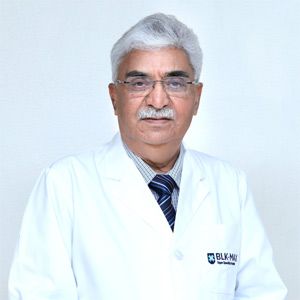
Dr. T. S. Kler
Chairman & HOD - BLK-Max Heart & Vascular Institute, Chairman Pan Max - Electrophysiology
Critical Cardiology, Non-Invasive Cardiology, Interventional Cardiology, Nuclear Cardiology, Cardiology, Electrophysiology And Arrhythmia Services, Technology For Heart Care Experience: 37+ Years

Dr. T. S. Kler
Chairman & HOD - BLK-Max Heart & Vascular Institute, Chairman Pan Max - Electrophysiology
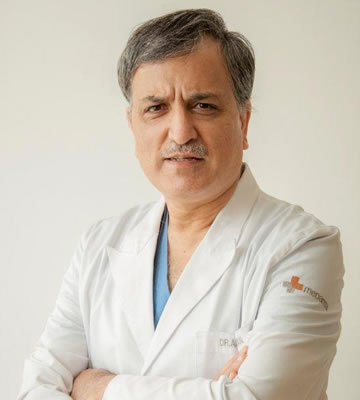
Dr Anil Bhan
Chairman, Cardiac Surgery, Cardiac Care, MCh (CTVS) , MS(General Surgery) , M.B.B.S.
Dr. Bhan is an outstanding cardiovascular surgeon and a graduate from Medical College Srinagar (Best outgoing graduate-Gold Medalist).

Dr Anil Bhan
Chairman, Cardiac Surgery, Cardiac Care, MCh (CTVS) , MS(General Surgery) , M.B.B.S.
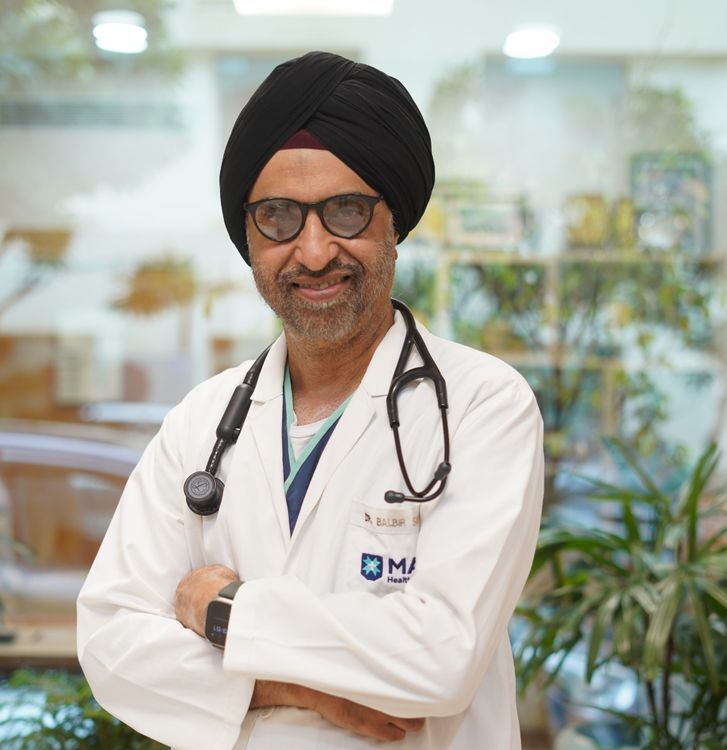
Dr Balbir Singh
Group Chairman - Cardiac Sciences, Pan Max & Chief of Interventional Cardiology and Electrophysiology, Max Saket
Cardiac Sciences, Cardiology, Cardiac Electrophysiology-Pacemaker, Interventional Cardiology Experience: 32+ Years

Dr Balbir Singh
Group Chairman - Cardiac Sciences, Pan Max & Chief of Interventional Cardiology and Electrophysiology, Max Saket
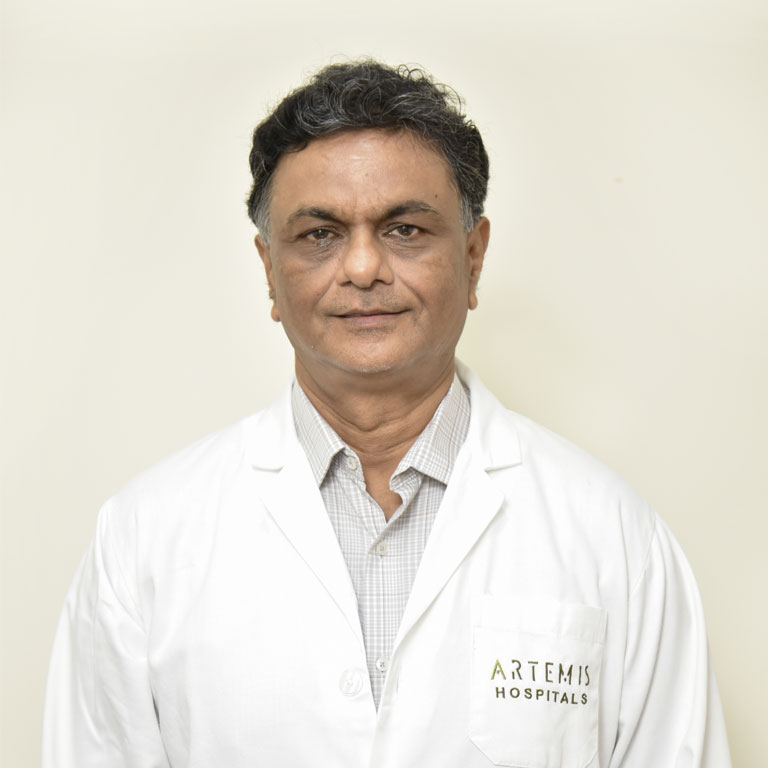
Dr. Sushant Srivastava
Chairperson Heart & Lungs Transplant MBBS, MS, MCh
MBBS, Patna Medical College, Patna, India MS (General Surgery), Patna Medical College, Patna, India, 1991 MCh (Cardiothoracic and Vascular Surgery), All India Institute of Medical Sciences, New Delhi, India, 1994

Dr. Sushant Srivastava
Chairperson Heart & Lungs Transplant MBBS, MS, MCh
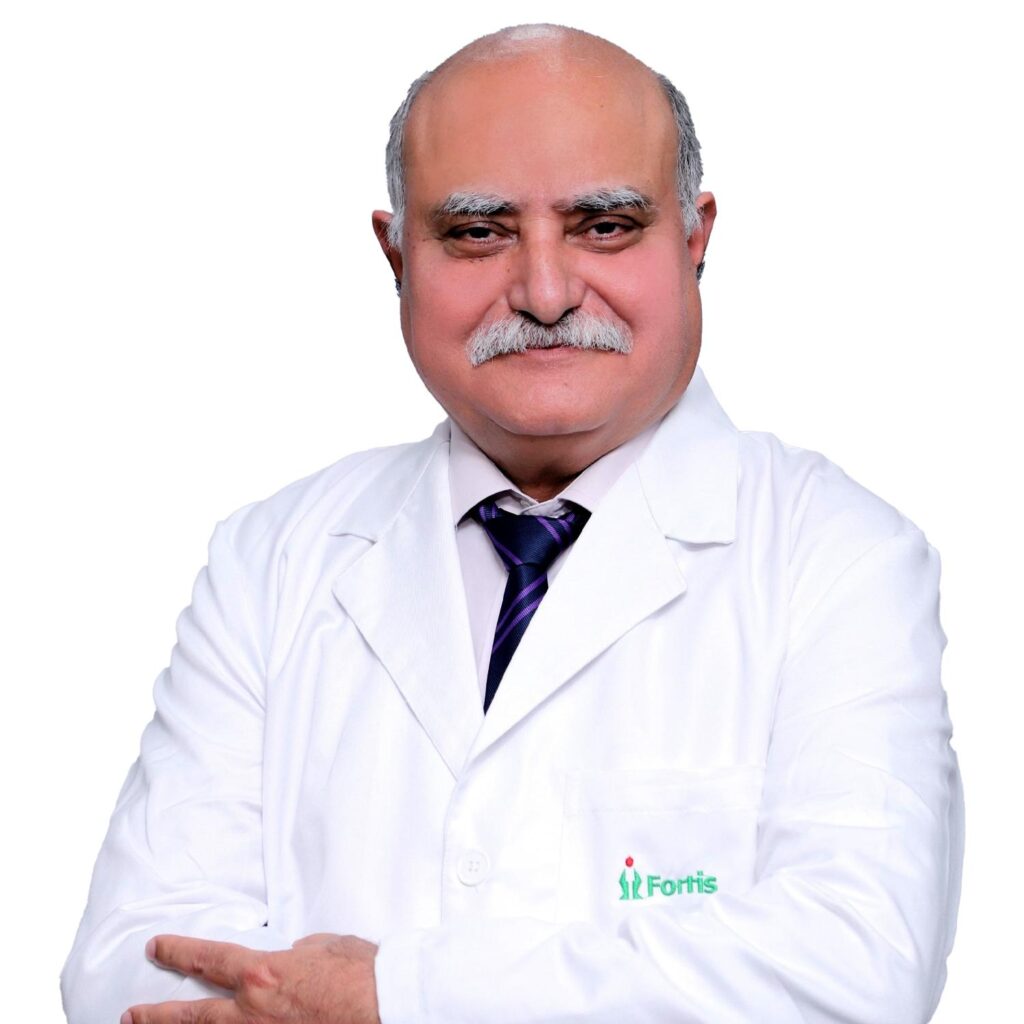
Dr Ajay Kaul
CHAIRMAN CARDIAC SCIENCE | Fortis Noida Cardiac Sciences | MBBS, MS (General Surgery), M.Ch (Cardiothoracic Surgery),
Adult CTVS (Cardiothoracic and Vascular Surgery) | Heart Transplant | Heart & Lung Transplant

Dr Ajay Kaul
CHAIRMAN CARDIAC SCIENCE | Fortis Noida Cardiac Sciences | MBBS, MS (General Surgery), M.Ch (Cardiothoracic Surgery),
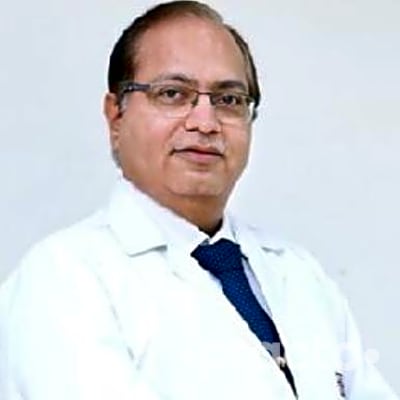
Dr Ramji Mehrotra
Vice Chairman - Cardiothoracic & Vascular Surgery Heart & Vascular Institute, Cardiothoracic And Vascular Surgery, Technology For Heart Care, Cardiac Intensive Care
Vice Chairman & Chief in Cardio Thoracic and Vascular Surgery (CTVS) Department at BLK Super Speciality Hospital, New Delhi.

Dr Ramji Mehrotra
Vice Chairman - Cardiothoracic & Vascular Surgery Heart & Vascular Institute, Cardiothoracic And Vascular Surgery, Technology For Heart Care, Cardiac Intensive Care
Plan Your Medical Tour Now
Plan your medical tour now with Cure Connect for seamless, affordable, and world-class healthcare services.
The Atrial Septal Defect (ASD) Closure procedure starts at USD 5,000. This procedure addresses a congenital heart defect by closing the septal opening, which helps restore efficient blood flow and enhances heart function. Contact us for more information.
Patients undergoing ASD Closure typically require a hospital stay of 10-15 days. This duration ensures adequate post-procedure monitoring and recovery, providing the patient with comprehensive care and a secure path to improved heart health.
The Government of India encourages medical visas and the process is easy and quick without much documentation after a confirmation from the treating hospital.



